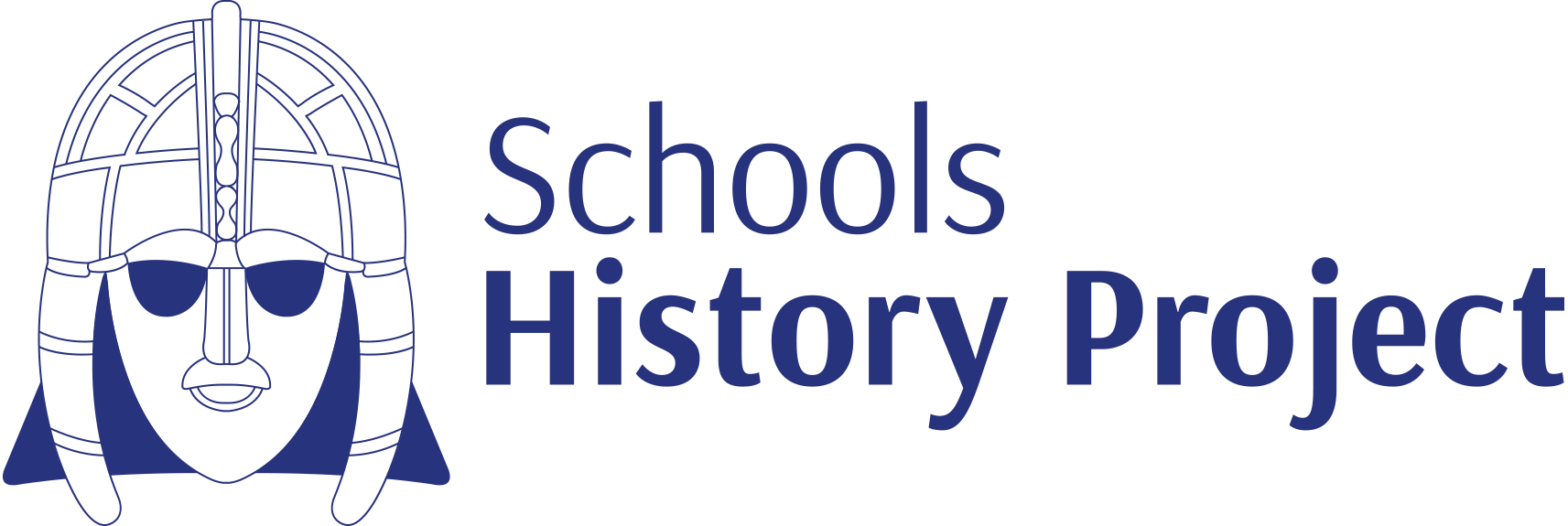
Why do we need Ethical Principles for history teaching?
One core feature of all SHP Curriculum PATHS discussion has been that the current focus on ‘powerful knowledge’ in curriculum design has proven to be as much a distraction from good curricular thinking as a help (Ford, 2022b; Young & Lambert, 2014). Indeed, the focus on ‘powerful knowledge’ has led in many cases to an excessive focus on traditional curriculum content selections and didactic teaching approaches (Ford, 2022b). Writing in Nazi occupied France in the 1940s, the Jewish historian, Marc Bloch noted: ‘It is a scandal that in our own age, which is more than ever exposed to the poisons of fraud and false rumour, the critical method is so completely absent from our school programs… History may reckon among its most certain glories that, by this elaboration of its technique, it has pioneered for mankind a new path to truth and, hence, to justice’ (1949/1992, p.113). Yet eighty years on there is a significant risk that historical thinking is being pushed to the margins of history teaching once again.
History has the potential to enable children to consider their own experiences and the experiences of others; to humanise both the past and the present; and to equip children with the knowledge and skills to make sense of their worlds. It can provide channels for understanding and help develop tolerance and social cohesion. But, as Nordgren (2021) notes, it cannot do this without careful attention to these dimensions.
There is no one set of universally ‘powerful knowledge’, agreed upon by historians, for students to grasp via school history (Ford, 2022b). As Bloch notes in The Historian’s Craft: ‘I should like professional historians…to reflect upon these hesitancies, these incessant soul searchings of our craft’ (1992, p.15). For history teachers, these ‘soul searchings’ are best seen in the professional wrestling of curriculum construction. Attempting to outsource curriculum decisions to a model curriculum, or even the historical discipline, attempts to sidestep the very real ethical decisions teachers need to make about what children should study in school. History teachers need to be open about the value systems on which their curriculum constructions are based. Only through this process can we open school history up to scrutiny and therefore justification.
SHP Curriculum PATHS members firmly believe that history educators who are serious about providing a ‘powerful’ curriculum for their pupils would be best served thinking more robustly about the ethical justifications of their curriculum content selections, pedagogical approaches, and assessment choices (Smith and Jackson, 2021). Therefore, a large part of the work of Curriculum PATHS and the CPC has been to create, ratify and share the framework of Ethical Principles to support this considered process of curriculum construction.
The Ethical Principles are designed to empower teachers of history to:
- Plan their own ethically grounded history units and curriculum overviews.
- Share curricula and curriculum units, alongside clear explanations for their ethical underpinnings.
- Integrate ethically grounded curriculum units or curriculum overviews, shared by others, meaningfully into their school contexts.
- Have opportunities to work with other teachers of history, across multiple contexts and age phases, and be active in discussing about what makes an empowering history education.
Beyond this, the CPC hope the Ethical Principles can also underpin the work of the wider sector and help to shape exam board specifications, textbooks, commercial schemes, and other classroom resources.
